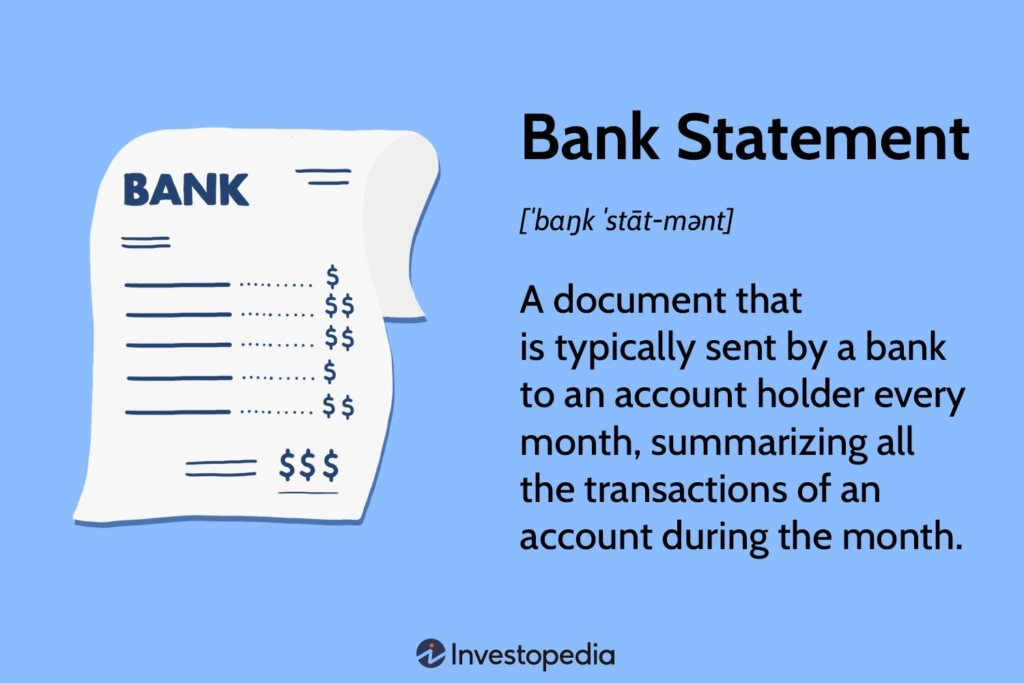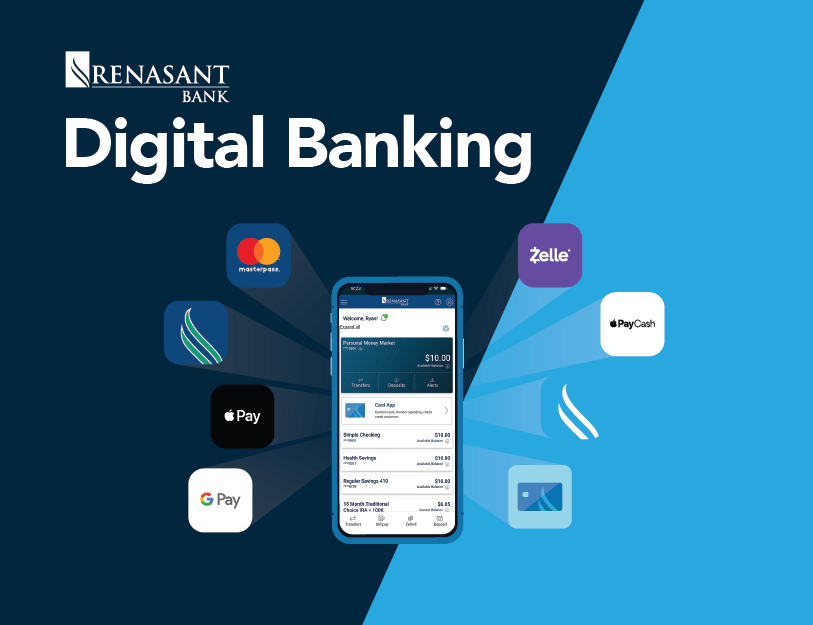How to Invest in Nigerian Treasury Bills: A Comprehensive Guide for Nigerians
If you’re a Nigerian looking for a safe and profitable way to grow your money, investing in Nigerian Treasury Bills (T-bills) might just be the answer you’ve been searching for. Whether you’re a seasoned investor or a beginner, this guide will walk you through everything you need to know about T-bills, from what they are to how you can start investing in them today.
At The Price, we’re all about helping Nigerians make informed financial decisions. So, grab a cup of tea, sit back, and let’s dive into the world of Nigerian Treasury Bills.
What Are Nigerian Treasury Bills?
Nigerian Treasury Bills (T-bills) are short-term debt instruments issued by the Central Bank of Nigeria (CBN) on behalf of the Federal Government. They are one of the safest investment options available because they are backed by the Nigerian government.
When you invest in T-bills, you’re essentially lending money to the government for a fixed period, usually 91 days, 182 days, or 364 days. In return, the government pays you interest on your investment. At the end of the investment period, you get your initial capital back.
T-bills are popular among investors because they offer low risk, steady returns, and are highly liquid (meaning you can easily convert them to cash if needed).
Why Should You Invest in Nigerian Treasury Bills?
Here are some reasons why T-bills are a great investment option for Nigerians:
- Low Risk: Since T-bills are backed by the Nigerian government, the risk of losing your money is extremely low.
- Steady Returns: T-bills offer competitive interest rates compared to regular savings accounts.
- Short-Term Investment: Unlike long-term investments like real estate, T-bills mature within a year, making them ideal for short-term financial goals.
- Liquidity: You can easily sell your T-bills in the secondary market if you need cash before the maturity date.
- No Hidden Charges: There are no management fees or hidden costs when you invest in T-bills.
How Do Nigerian Treasury Bills Work?
T-bills work on a discount basis. This means you buy them at a price lower than their face value (the amount you’ll get back at maturity). The difference between the purchase price and the face value is your profit or interest.
For example, if you invest ₦100,000 in a 91-day T-bill with an interest rate of 10%, you’ll pay ₦90,000 upfront. At the end of 91 days, you’ll receive ₦100,000. Your profit is ₦10,000.
The CBN issues T-bills every week through an auction process. Investors bid for T-bills, and the CBN allocates them based on the bids received.
Understanding the Auction Process for Nigerian Treasury Bills
The Central Bank of Nigeria (CBN) conducts T-bill auctions every week, and understanding how the auction process works can help you make better investment decisions. Here’s a breakdown of the process:
- Announcement of Auction: The CBN announces the auction date, the amount of T-bills to be issued, and the tenors available (91 days, 182 days, or 364 days).
- Submission of Bids: Investors submit their bids through their banks or primary dealers. You can choose between competitive and non-competitive bids.
- Auction Day: The CBN reviews all bids and determines the stop rate (the highest interest rate accepted for the auction).
- Allocation: Successful bidders are notified, and their accounts are debited for the purchase amount.
- Issuance of T-bills: The CBN issues the T-bills to successful investors, and the investment begins.
Pro Tip: If you’re new to T-bills, opt for a non-competitive bid to avoid the stress of guessing the right interest rate.
How to Invest in Nigerian Treasury Bills
Investing in T-bills is easier than you might think. Here’s a step-by-step guide to get started:
1. Open a Bank Account
To invest in T-bills, you’ll need a bank account with a Nigerian commercial bank. Most banks offer T-bill investment services to their customers.
2. Choose Your Preferred Tenor
Decide how long you want to invest your money. T-bills are available in three tenors:
- 91 days (3 months)
- 182 days (6 months)
- 364 days (12 months)
The longer the tenor, the higher the interest rate.
3. Submit a Bid Through Your Bank
You can submit a bid for T-bills through your bank. There are two types of bids:
- Competitive Bid: You specify the interest rate you want. If your bid is too high, you might not get allocated.
- Non-Competitive Bid: You accept the interest rate determined by the CBN. This is the easier option for beginners.
4. Wait for Allocation
After the auction, the CBN will allocate T-bills to successful bidders. Your bank will notify you if your bid was successful.
5. Receive Your Investment and Interest
At the end of the investment period, your initial capital and interest will be paid into your bank account.
How to Calculate Your Returns on Nigerian Treasury Bills
Calculating your returns on T-bills is straightforward. Here’s the formula:
Interest = (Face Value – Purchase Price) / Purchase Price × 100
For example, if you invest ₦100,000 in a 91-day T-bill with a 10% interest rate:
- Purchase Price = ₦90,000
- Face Value = ₦100,000
- Interest = (₦100,000 – ₦90,000) / ₦90,000 × 100 = 11.11%
Your return on investment (ROI) is 11.11%.
Current Interest Rates on Nigerian Treasury Bills (2025 Update)
As of 2025, the interest rates on Nigerian Treasury Bills are influenced by factors like inflation, monetary policy, and demand for government securities. Here’s a general overview of the current rates:
- 91-day T-bills: 8% – 10% per annum
- 182-day T-bills: 10% – 12% per annum
- 364-day T-bills: 12% – 14% per annum
These rates are subject to change, so it’s important to check with your bank or the CBN website for the latest updates before investing.
How Inflation Affects Nigerian Treasury Bills
Inflation is a key factor to consider when investing in T-bills. If the inflation rate is higher than the interest rate on your T-bills, the real value of your returns could decrease. For example:
- If the inflation rate is 15% and your T-bill yields 12%, your real return is -3%. This means your money is losing value despite the interest earned.
To mitigate this risk, consider investing in longer-tenor T-bills (364 days) or diversifying your portfolio with inflation-resistant assets like real estate or stocks.
Real-Life Example: How Tolu Invested in T-bills
Let’s look at a real-life example to make this more relatable. Tolu, a 30-year-old Nigerian, decided to invest ₦500,000 in 364-day T-bills with an interest rate of 13%. Here’s how her investment played out:
- Purchase Price: ₦435,000 (discounted price)
- Face Value: ₦500,000
- Interest Earned: ₦65,000
- Total Return: ₦500,000
Tolu reinvested her earnings into another T-bill, compounding her returns over time. Within three years, she grew her initial investment significantly without taking on high risk.
How to Reinvest Your T-bill Earnings
Reinvesting your T-bill earnings is a smart way to grow your wealth over time. Here’s how to do it:
- Automatic Reinvestment: Some banks offer automatic reinvestment options. You can instruct your bank to reinvest your earnings into new T-bills once the current ones mature.
- Manual Reinvestment: If you prefer more control, you can manually reinvest your earnings by submitting a new bid during the next auction.
Pro Tip: Reinvesting your earnings allows you to take advantage of compound interest, which can significantly increase your returns over time.
Comparing T-bills with Other Investment Options
To help you make an informed decision, here’s a comparison of T-bills with other popular investment options in Nigeria:
| Investment Option | Risk Level | Returns | Liquidity | Tenor |
|---|---|---|---|---|
| Nigerian T-bills | Low | 8% – 14% | High | 3 – 12 months |
| Savings Account | Low | 2% – 4% | High | Flexible |
| Fixed Deposit | Low | 6% – 8% | Low | 30 days – 5 years |
| Stocks | High | 15% – 30% | Medium | Long-term |
| Real Estate | Medium | 10% – 20% | Low | Long-term |
As you can see, T-bills offer a balanced mix of low risk, decent returns, and high liquidity, making them ideal for conservative investors.
Common Mistakes to Avoid When Investing in T-bills
- Ignoring Inflation: Always consider the inflation rate before investing. If inflation is higher than your T-bill returns, your money could lose value.
- Putting All Your Money in T-bills: Diversify your portfolio to reduce risk and maximize returns.
- Not Monitoring Interest Rates: T-bill rates fluctuate, so keep an eye on the market to lock in the best rates.
- Overlooking Fees: While T-bills have no hidden charges, some banks may charge transaction fees. Confirm with your bank before investing.
How to Track Your T-bill Investments
Tracking your T-bill investments is crucial to ensure you’re meeting your financial goals. Here’s how to do it:
- Bank Statements

: Your bank will provide statements showing your T-bill investments, interest earned, and maturity dates.
2.Online Banking

: Most banks offer online platforms where you can monitor your T-bill investments in real-time.
3.Mobile Apps

: Some banks have mobile apps that allow you to track your investments on the go.
What Happens If the Government Defaults?
While Nigerian T-bills are considered low-risk, it’s natural to wonder what happens if the government defaults. In such a rare scenario, the government may:
- Extend the maturity date of the T-bills.
- Issue new securities to repay existing investors.
However, the likelihood of this happening is extremely low, as the Nigerian government has a strong track record of honoring its debt obligations.
How to Maximize Your Returns on T-bills
Here are some advanced strategies to maximize your returns on T-bills:
CONCLUSION
Investing in Nigerian Treasury Bills is a practical and low-risk way to grow your money. Whether you’re saving for a rainy day, planning a major purchase, or building an investment portfolio, T-bills offer a reliable and profitable option.
At The Price, we’re passionate about empowering Nigerians with the knowledge they need to make smart financial decisions. If you found this guide helpful, share it with your friends and family, and let’s all win with our money!



Leave a Comment